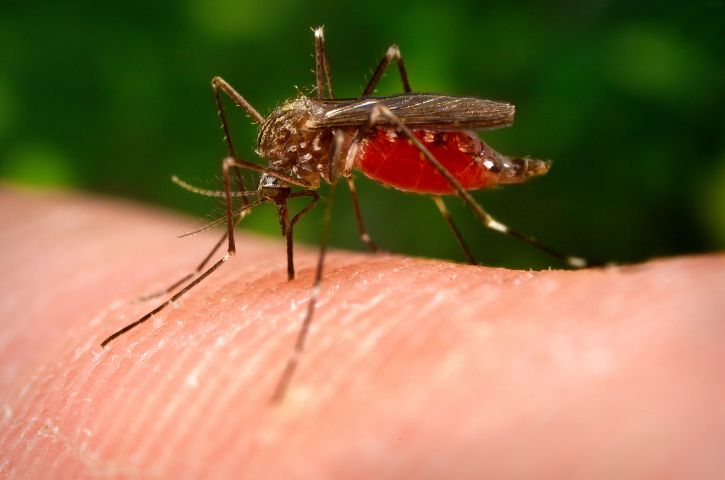Singapore has recorded its first Zika case in 2022 during the week of August 21 to 27. The last time Singapore reported a Zika case was in March 2020. The Zika virus, which is transmitted by the bite of an infected Aedes mosquito, comes amid soaring dengue cases. The republic has seen 25,591 dengue cases since the start of the year, compared to 5,258 cases in 2021.
The National Environment Agency (NEA) said there is presently no active Zika cluster in Singapore. It explained that the high Aedes aegypti mosquito population and the circulation of the previously uncommon DENV-3, will lead to dengue case numbers remaining high in the coming months.
Symptoms of Zika Virus
The Ministry of Health had confirmed the localized community spread of the Zika virus infection in Singapore in 2016 – the same year WHO declared the Zika outbreak a public health emergency. Symptoms of Zika virus include fever, itchy rash, headache, red eyes, body ache and occasional nausea and vomiting. These symptoms typically develop within three to 12 after the infected mosquito bite. It often lasts four to seven days.

The MOH described Zika as a mild and self-limiting illness. Rare, serious neurological complications and foetal abnormalities have been rarely associated with the Zika virus infection. But it has been associated with neurological diseases such as microcephaly, which causes babies to be born with a smaller head due to abnormalities in the development of the brain. The Zika virus, as per WHO, can be transmitted from mother to the foetus during pregnancy through sexual contact, transfusion of blood, and organ transplantation.
It should be noted that there is no vaccine or specific anti-viral drugs for the virus. The first case of the Zika virus was reported in Singapore in 2016, with the first locally transmitted case in August of the same year. More than 450 people had been infected by 2016-end. 67 confirmed cases, three of which were imported, came up in 2017. Singapore saw only one case in 2018 and 12 in the following year.









